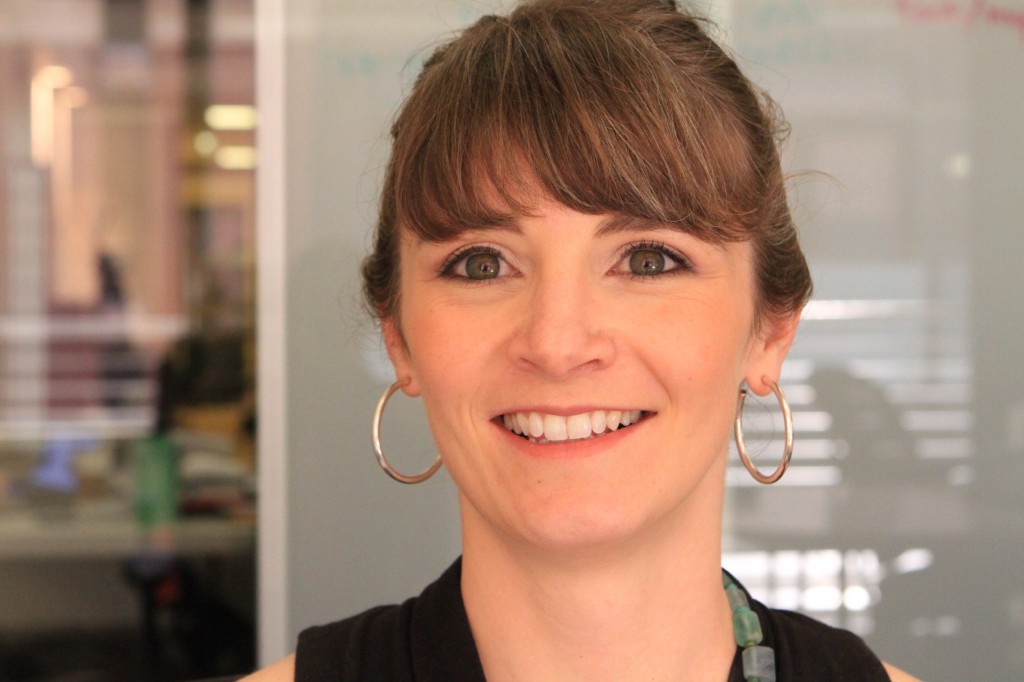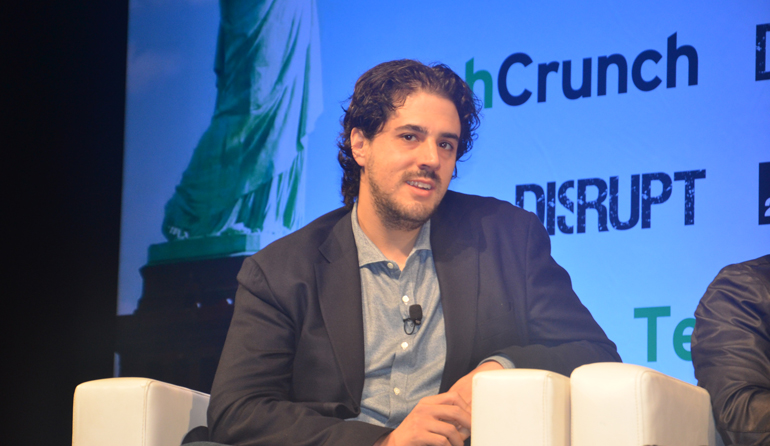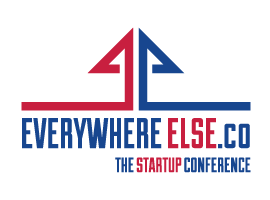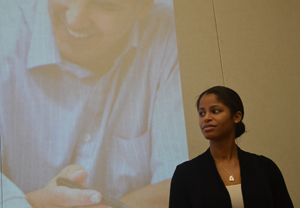
Every time I read an article about what women need to do to get ahead in the male-dominated tech world of VCs and startups, I cringe. The prescription feels simplistic, but this is not a simple problem.
Fiona Murray’s recent Boston Globe Magazine piece, “Playing by the Rules,” recommended wearing a uniform, speaking confidently, networking and watching sports to get ahead. Don’t get me wrong — I am sure these tactics can help, and the research is fascinating (she found that “companies pitched by men were about 40 percent more likely to receive funding than those led by women”). But should we all just become avid football fans? I, for one, will take a thoughtful David Sedaris essay in The New Yorker over football any fall Sunday.
At the heart of Murray’s recommendations is the fact that women need to take action today while we work on solving the broader education, political and economic issues we face. Here are the bleak facts we already know:
- Just over 20 percent of all engineering degrees go to women (National Academies Committee on Women in Science, Engineering and Medicine).
- Only 4.2 percent of VC funding goes to women (Stanford University’s Clayman Institute for Gender Research).
- Women hold only 4.2 percent of Fortune 500 CEO positions (Catalyst).
- Women hold 18.3 percent of the seats in Congress (Center for American Women and Politics).
One of my favorite VCs once said that it’s just as important to be convincing as it is to be right. Confidence breeds success. We need to do a better job at mentoring women in confidence strategies. In a piece for Forbes, Dr. Candida Brush wrote, “In contrast to young men, young women are less likely to see opportunities, have a higher fear of failure and therefore, less likely to engage in entrepreneurship.” HSBC USA Chief Executive Irene Dorner echoed this when she talked about the problem of the “sticky floor” in The New York Times.
But confidence is teachable. It’s not something anyone is born with. When I quit my job to start InkHouse, my business partner and I would joke that we were faking it until we made it. We weren’t faking our knowledge about PR campaigns. We were faking the confidence of a much larger organization as we asked clients to take a bet on our nascent agency.
I won’t pretend to know how to solve this very large problem, but in my small microcosm of the business world, I have seen the following tactics work for the women who succeed. As female entrepreneurs, we have a responsibility to foster the next generation by teaching them to:
- Speak up and speak confidently. Don’t save your ideas for post-meeting emails to your boss. If you have a seat at the table, show that you deserve it.
- Walk into a room like you belong there. Smile, hold your head up, make eye contact, offer a firm handshake, and don’t mess with your outfit. First impressions are made in seconds, and they are based predominantly on non-verbal cues.
- End thoughts as statements, not questions. If your voice goes up at the end of a statement, it sounds like a question and conveys uncertainty.
- Eliminate the words “I think” before a recommendation. “I think” is a subliminal disclaimer that your idea might not be a good one. State your recommendation as though it is fact and others will consider it more seriously.
- Become comfortable with silence. After articulating a recommendation, let the idea percolate. Be comfortable letting your audience thoughtfully consider your point. Don’t fill that thinking space with chitchat.
- Be present. Listen first, and then formulate your response. Pay attention to the people in the room. Are they confused, interested, distracted? Base your next statement on their cues, not the thought you’ve been waiting to blurt out.
- Find a way to say no by saying yes. We’re accused of taking on too much, and never saying no. There is an eloquent and productive way to say no. It could simply be that saying yes means you must put another project on the back burner. Lead with the yes, and follow up with the caveat.
- Practice speaking in front of a large room. The only way to keep that warmth from coming up your neck and into your face when you present is to do it over and over again. Eventually, it will become second nature.
- Do your research first. Lead with the facts. Knowledge inspires confidence. And knowledge confers authority onto your recommendations.
- Use your personality to your benefit. Do not try to morph yourself into a man, or someone else’s vision of a successful career woman. Even if your boss is dictating the points you must make in a critical meeting, say them in your words. Only then will you deliver the message well.
- Seek feedback selectively. If the meeting felt good to you, it probably was. Asking for needless feedback is not something a confident man would do. In the business world, no news is often good news, so take it as such.
- Don’t default to apology in the face of scrutiny. Apologize only when you have done something wrong, not because someone doesn’t like your idea. You only have to own the mistakes you actually make. In all other scenarios, listen to the other person’s point of view respectfully, and calmly present your challenge.
- It’s okay to say you don’t know. Find out the answer and come back with a solid recommendation. Of course, you should make sure that you know the answer nine times out of 10.
I will end with some good news. For every 10 men starting a business, there are eight women who are doing the same. Let’s make it 10 for 10.
Beth Monaghan is principal and co-founder of InkHouse Media + Marketing, a PR and content marketing agency with offices in Waltham, MA and San Francisco, CA. She blogs at InkLings and you can find her on Twitter @bamonaghan.
The Young Entrepreneur Council (YEC) is an invite-only organization comprised of the world’s most promising young entrepreneurs. In partnership with Citi, YEC recently launched StartupCollective, a free virtual mentorship program that helps millions of entrepreneurs start and grow businesses.












